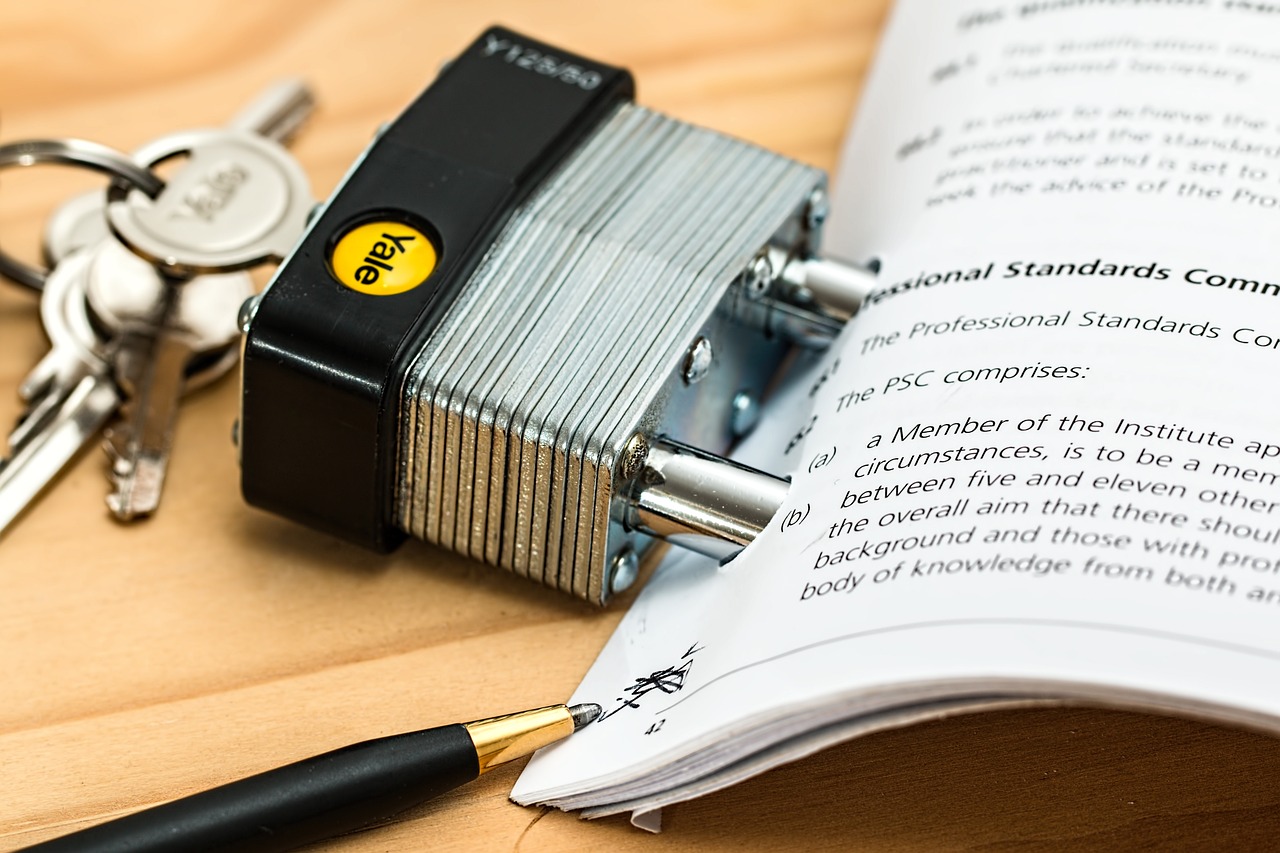Clearly Defined Expectations
By clearly outlining the expectations and obligations of both parties, a tenancy agreement ensures that tenants understand their responsibilities. It covers crucial aspects such as rent due dates, property maintenance, noise restrictions, and any other rules specific to the property. When problem tenants arise, landlords can refer to the tenancy agreement to address the issues based on the agreed-upon terms.












